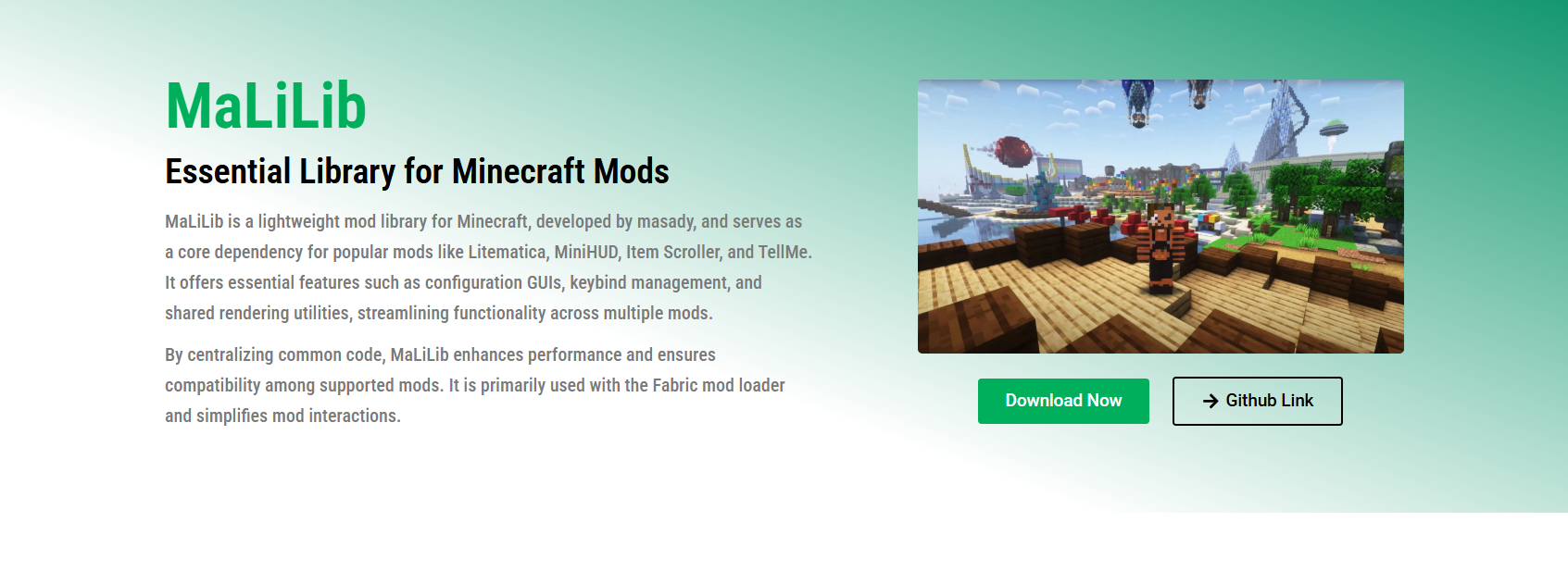Solitaire and Mindfulness: Playing Your Way to Calmness

In a world filled with constant notifications, endless to-do lists, and the rapid pace of digital life, moments of stillness can feel difficult to find. Many people turn to meditation, yoga, or journaling to cultivate mindfulness, but there are other surprising ways to create calm. Solitaire, often thought of as a simple card game, offers more than entertainment. It provides a structured, quiet activity that encourages focus, patience, and a mindful connection between thought and action. By shifting how we view this classic game, solitaire becomes not just a pastime but a practice in cultivating calmness.
The Connection Between Solitaire and Mindfulness
Mindfulness is the practice of being present in the moment, fully aware of thoughts, feelings, and actions without judgment. Solitaire naturally supports this mindset through its design. Each move requires attention to detail, encouraging the player to focus on what is in front of them rather than external distractions. The act of moving a card, considering future outcomes, and watching the game unfold creates a steady rhythm that keeps the mind engaged in the present.
Unlike fast-paced games that demand rapid reactions, solitaire progresses at the pace of the player. This sense of control reduces pressure and allows for deeper concentration. The repetition of actions, combined with the goal of creating order from randomness, mirrors the meditative qualities found in mindfulness practices. Playing solitaire can become a way of slowing down, quieting racing thoughts, and centering one’s attention.
Reducing Stress Through Play
Stress often arises from an overload of responsibilities, combined with little time for mental rest. Solitaire offers a way to step away from stressors while still engaging the mind in a healthy, productive way. The game’s simple rules eliminate the need for overthinking, while its structured challenges provide enough engagement to redirect focus.
For students, solitaire can act as a short mental break between study sessions, helping to reset focus before returning to complex material. For professionals, it can be a calming exercise during a busy workday, offering a pause that helps restore clarity. Even in personal settings, solitaire provides a calming rhythm that helps release tension after a long day.
The sense of accomplishment that comes from completing a round adds to its stress-relieving benefits. Winning is satisfying, but even unsuccessful attempts provide value by encouraging patience and persistence. This shift in perspective accepting both success and failure with calmness is at the heart of mindfulness. Solitaire, through its design, gently teaches this lesson.
The Role of Solitaire in Daily Routines
Incorporating solitaire into daily life as a mindful practice does not require large blocks of time. Because a game can be played in just a few minutes, it can easily fit into busy schedules. A short session in the morning can provide focus before the day begins, while a few rounds in the evening can help unwind before rest.
Digital accessibility also makes solitaire a convenient tool for mindfulness. With smartphones, tablets, and laptops, the game is always within reach. This portability ensures that moments of calm are possible in nearly any environment, whether during commutes, work breaks, or quiet time at home.
The key lies in approaching solitaire with intention. Instead of treating it purely as distraction, players can use the game as a mindfulness exercise by focusing fully on each move, noticing patterns, and embracing the process rather than rushing toward the outcome. This small shift in perspective turns solitaire from a casual pastime into a calming practice.
Solitaire as a Gentle Teacher of Patience
One of the most valuable lessons solitaire teaches is patience. The game does not always lead to victory, and progress is often gradual. This requires players to slow down, consider their options, and accept that not every move leads directly to success. Over time, these small lessons nurture resilience and calm persistence.
Patience is an essential component of mindfulness. By learning to accept the natural flow of the game without frustration, players cultivate a mindset that extends beyond the screen or card table. This attitude can influence how they approach challenges in daily life, encouraging a calmer, more balanced response to difficulties. Solitaire, in this way, becomes more than a game it becomes a gentle reminder of the value of patience in an often hurried world.
Why Solitaire Promotes Calmness in a Digital World
The digital age brings constant stimulation, with screens and apps designed to capture attention as quickly as possible. Solitaire stands out as a game that slows everything down. It asks players to move thoughtfully, one card at a time, providing a refreshing contrast to the high-speed pace of other digital activities.
Its enduring appeal lies not just in its simplicity but in its ability to provide calm across generations and cultures. People of all ages can engage with solitaire, experiencing the same quiet satisfaction of turning chaos into order. The fact that the game has transitioned from physical decks to desktops and now to mobile devices shows its adaptability, but the essence remains unchanged. Solitaire continues to offer the same meditative quality it always has, making it a reliable companion in the search for calmness.
The timeless nature of solitaire reflects the human need for balance. While technology races ahead, the simple act of playing this classic game provides grounding. In its quiet, methodical rhythm, solitaire offers a form of mindfulness that can restore clarity and peace in a world often dominated by noise and speed.




